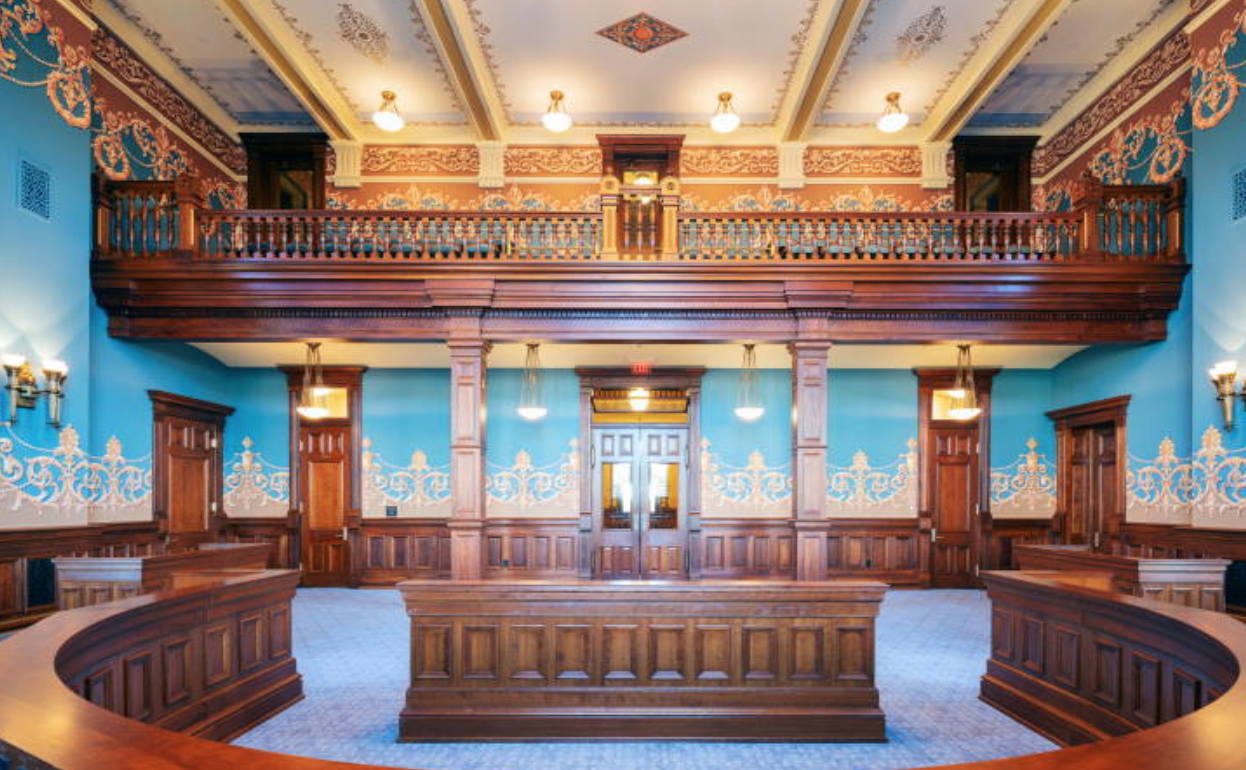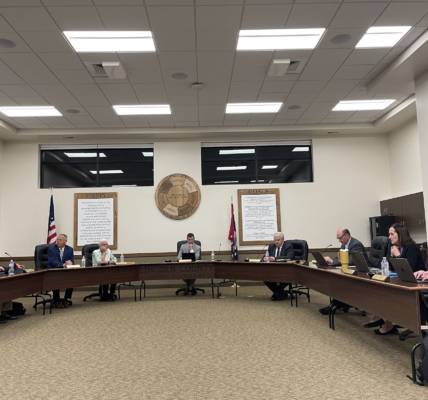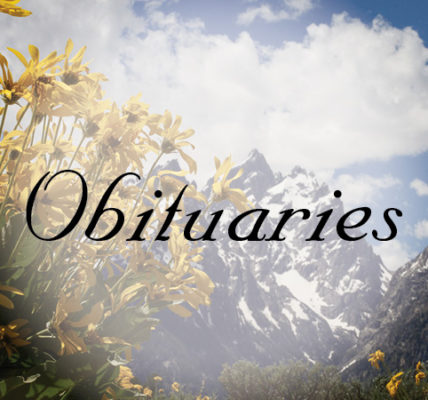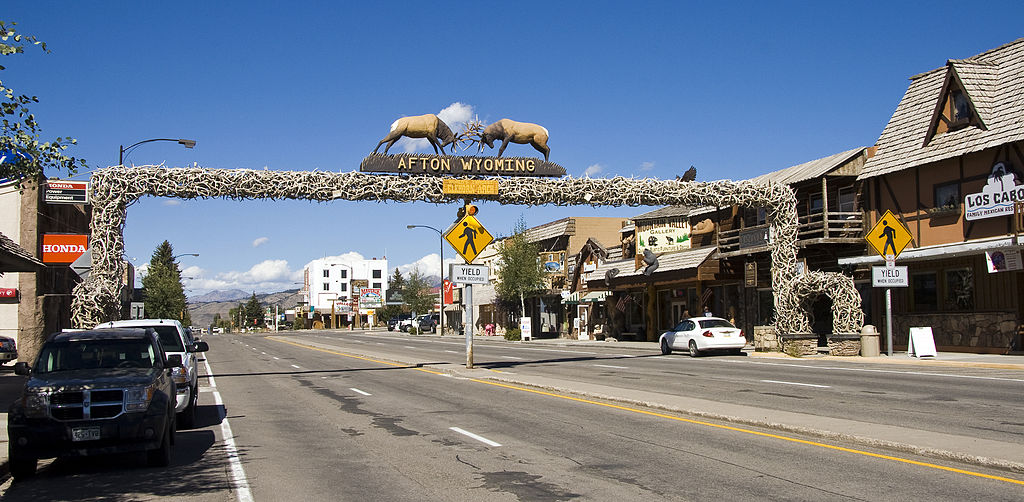
By Maya Shimizu Harris
Casper Star-Tribune
Via- Wyoming News Exchange
CASPER —Several anti-abortion lawmakers spoke on the House floor Monday against a bill to increase restrictions around the service in Wyoming, saying they are worried the bill could actually work against the anti-abortion cause.
“It’s difficult for me to get up and argue against a pro-life bill,” Buffalo Republican Rep. Barry Crago, a lawyer who voted for last year’s abortion trigger ban, said. “That’s not easy, but I’m doing it because I truly believe that going down this road is going to be detrimental to our cause.”
The debate around the “Life is a Human Right Act,” a sweeping abortion ban that would nix rape and incest exemptions, is quite different from the one lawmakers had last year when the Legislature was wrangling over whether or not to pass an abortion trigger ban, which it ultimately did.
As Riverton Republican Rep. Ember Oakley put it, the arguments for and against House Bill 152 aren’t so much centered around anti-abortion or pro-abortion stances, but rather around the questions of what legal vehicle the state wants to use to ban the service moving forward.
“We’ve got a horse three quarters of the way there in the race, and this says, ‘Well, never mind, we’re going to scratch that horse, we’re gonna get a new horse,” Oakley, another lawyer who voted for the trigger ban last year, said, adding that she thinks that the bill is “a worse horse.”
Proponents of the bill argued, on the other hand, that it’s “an attempt to lighten the load for the next race,” as freshman lawmaker and nurse Rep. Sarah Penn, R-Lander, described it.
After skating by the House Judiciary Committee in a 5-4 vote last week, the “Life is a Human Right Act,” sponsored by Cody Republican Rep. Rachel Rodriguez-Williams, passed the House Committee of the Whole in a voice vote on Monday.
The 19-page bill aims to go even further than Wyoming’s trigger ban, preventing abortion in cases of incest or rape and allowing district attorneys and the Wyoming attorney general to sue abortion providers.
The bill folds in a lot of what lawmakers have learned over the course of the ongoing lawsuit challenging Wyoming’s abortion trigger ban, which went into effect very briefly before a Teton County judge suspended its enforcement. (Abortions remain legal in Wyoming for now.)
It tries to answer questions from the court that have come up during that litigation, clarifying exceptions and definitions that plaintiffs have argued were too ambiguous in the abortion trigger bill.
The first section, which reads like a resolution, confirms the bringers’ interpretations of the Wyoming Constitution as it relates to abortion and explicitly lays out the intent of the bill – additions that could provide clout in a potential court case challenging the bill’s constitutionality.
Fred Harrison, a former lawmaker and an attorney who represents the anti-abortion group Wyoming Right to Life, was the main author of this section of the bill, though he said the drafting of the legislation in its entirety was a collaborative effort.
He told the Star-Tribune that he essentially went through the list of questions that the state asked the Wyoming Supreme Court to answer regarding the abortion ban and used the section to answer those questions.
Lawyers for the state wanted the Wyoming Supreme Court to answer, in sum, whether or not the abortion ban currently on the books violates the state constitution, is unconstitutionally vague and violates citizens’ right to privacy.
The high court bounced those questions back in December, saying that it couldn’t answer them “on the limited factual record provided.”
Lawmakers ironically expressed concerns about the constitutionality of that very section on Monday.
Crago said, for example, that its references to religious liberty could be grounds for the bill being deemed unconstitutional.
Harrison and some lawmakers have argued that they don’t believe the findings section would make the bill unconstitutional, in part because nothing in that section is binding.
“This declaration won’t prevent the judicial branch from reaching the contrary conclusion through judicial review,” Rodriguez-Williams, the bill’s sponsor, told the House Judiciary Committee last week. “Essentially the judicial branch, yes, does have the final word when interpreting the Constitution. However, the Legislature can and should make its own interpretations.”
Some lawmakers have used similar reasoning to argue that the section of the bill that would allow for lawmakers to intervene in potential court cases challenging the bill wouldn’t infringe on the separation of powers between branches of government. (Rodriguez-Williams, as well as House Majority Floor Leader Chip Neiman, have unsuccessfully attempted to intervene in the current litigation over Wyoming’s abortion trigger ban. Wyoming Right to Life was also an attempted intervenor.)
But the findings section isn’t inconsequential altogether since it’s meant to guide court deliberations.
Crago argued that it “creates this extra layer that we have to sift through as we’re interpreting this law.”
“We can say our words within the bill don’t don’t matter. We can say they’re not upheld, or they don’t carry a lot of weight across the street. And I’m not sure that’s true. We’re making a statement with those words on a paper. These aren’t typical findings. These are findings we’re actually putting in a green book,” he said.
Nevertheless, putting something in the state’s green books that one believes to be unconstitutional is in itself unpalatable for some.
And looking at it from another perspective, freshman Rep. Martha Lawley, R-Worland, asked what the point of the findings section is if it really is non binding.
“I think that’s the opposite way that we should think about it. We should think about, because it’s non-binding, we need to ask ourselves the question, ‘Does that actually help do what we’re trying to accomplish?’” she said.
Some said that the “Life is a Human Right Act” could be a risk for those who want abortion to be illegal in Wyoming since it would repeal the trigger ban that’s already on the books.
So if courts deemed the “Life is a Human Right Act” to be unconstitutional, there would be no abortion ban at all. Or, if this didn’t happen, it could potentially push the legal timeline back, meaning that abortions could be allowed in Wyoming for a longer time.
“In the best case scenario — and that’s for folks like me who are pro-choice — in the best case scenario, the repealers are the only portion of the bill that will be upheld as constitutional,” Rep. Karlee Provenza, D-Laramie, said, referring to the section of the bill that repeals Wyoming’s current abortion trigger ban.
Provenza adamantly argued against the state’s abortion trigger ban and was one of the lawmakers on the House Judiciary Committee who voted against passing House Bill 152 last week.
“So if this is a pro-choice Trojan horse that makes abortion legal in all cases, why did I vote no? And I’ll argue because passing unconstitutional legislation, especially in ways that attack separation of powers and separation of church and state, is unequivocally an attack on the rule of law.”
While some adamantly believe the bill would hinder the goal of making abortion illegal, Harrison, the lawyer and former Wyoming lawmaker, was more optimistic about the bill’s potential. “In my opinion, there’s a very good chance that this law is so clear that it will not be enjoined,” he told the Star-Tribune.





